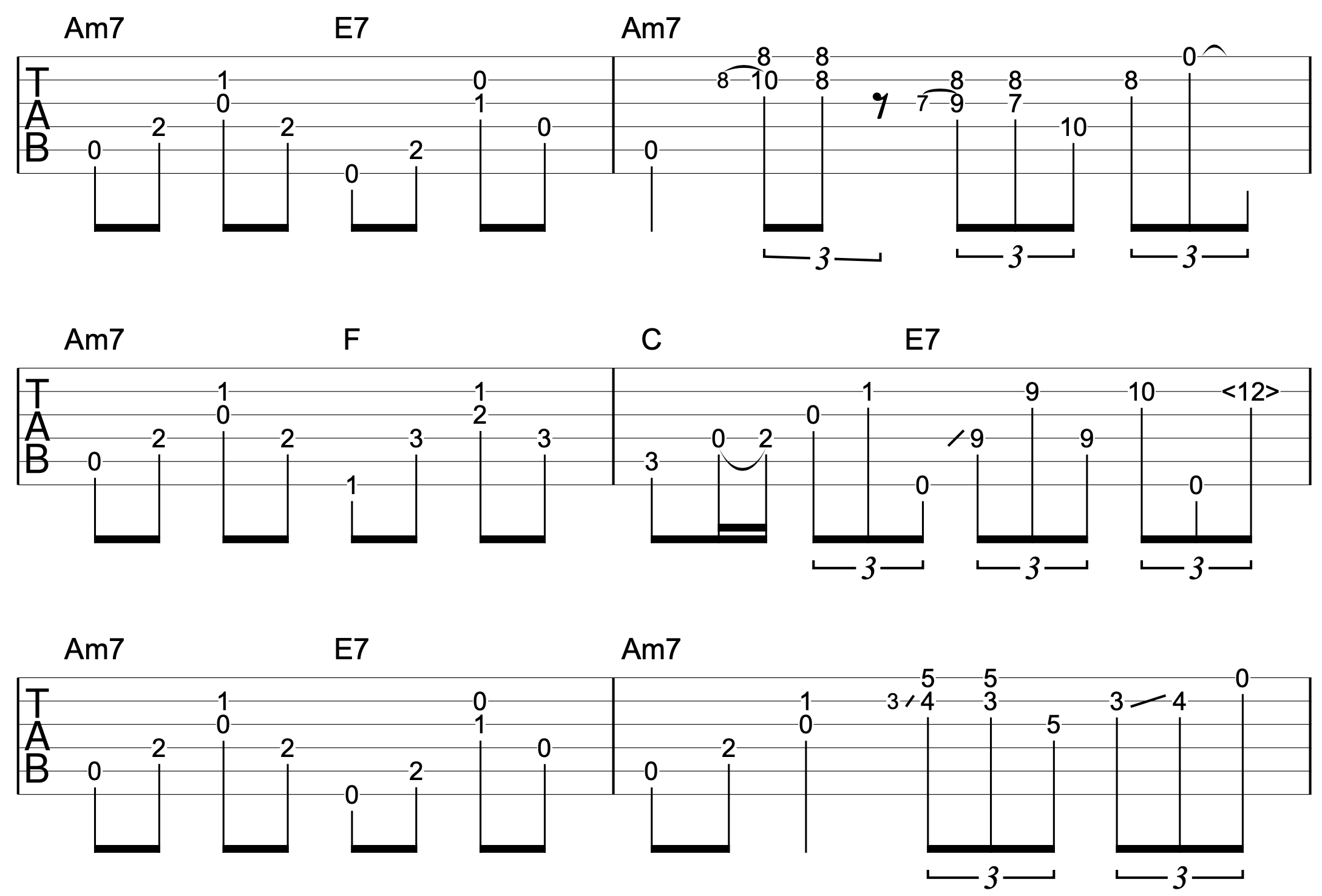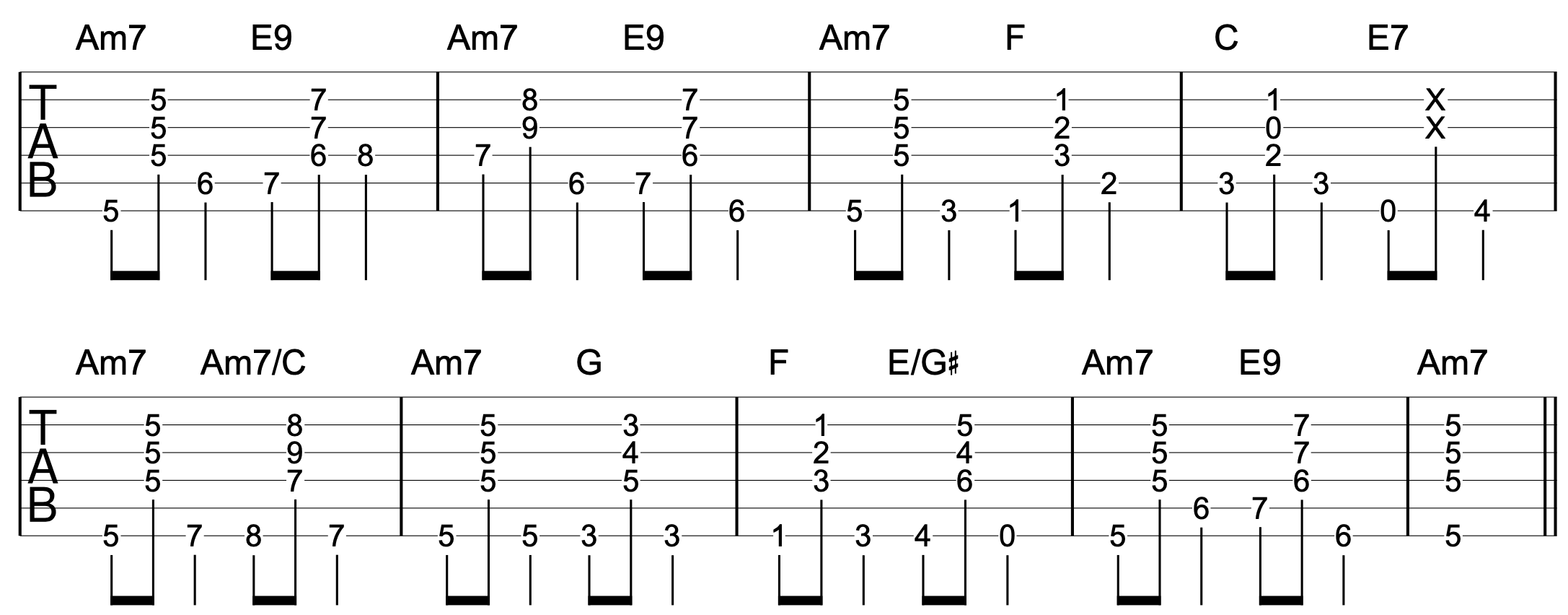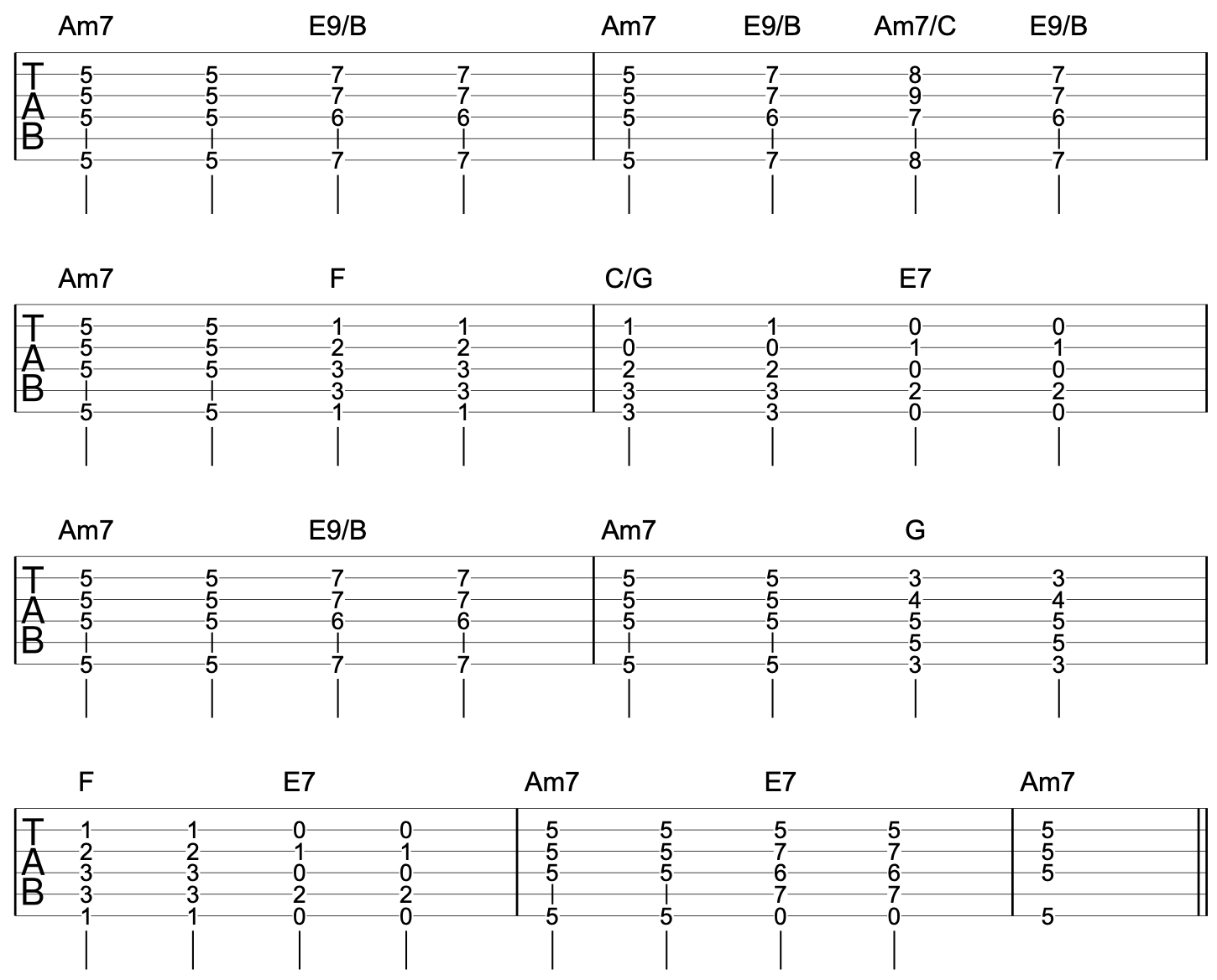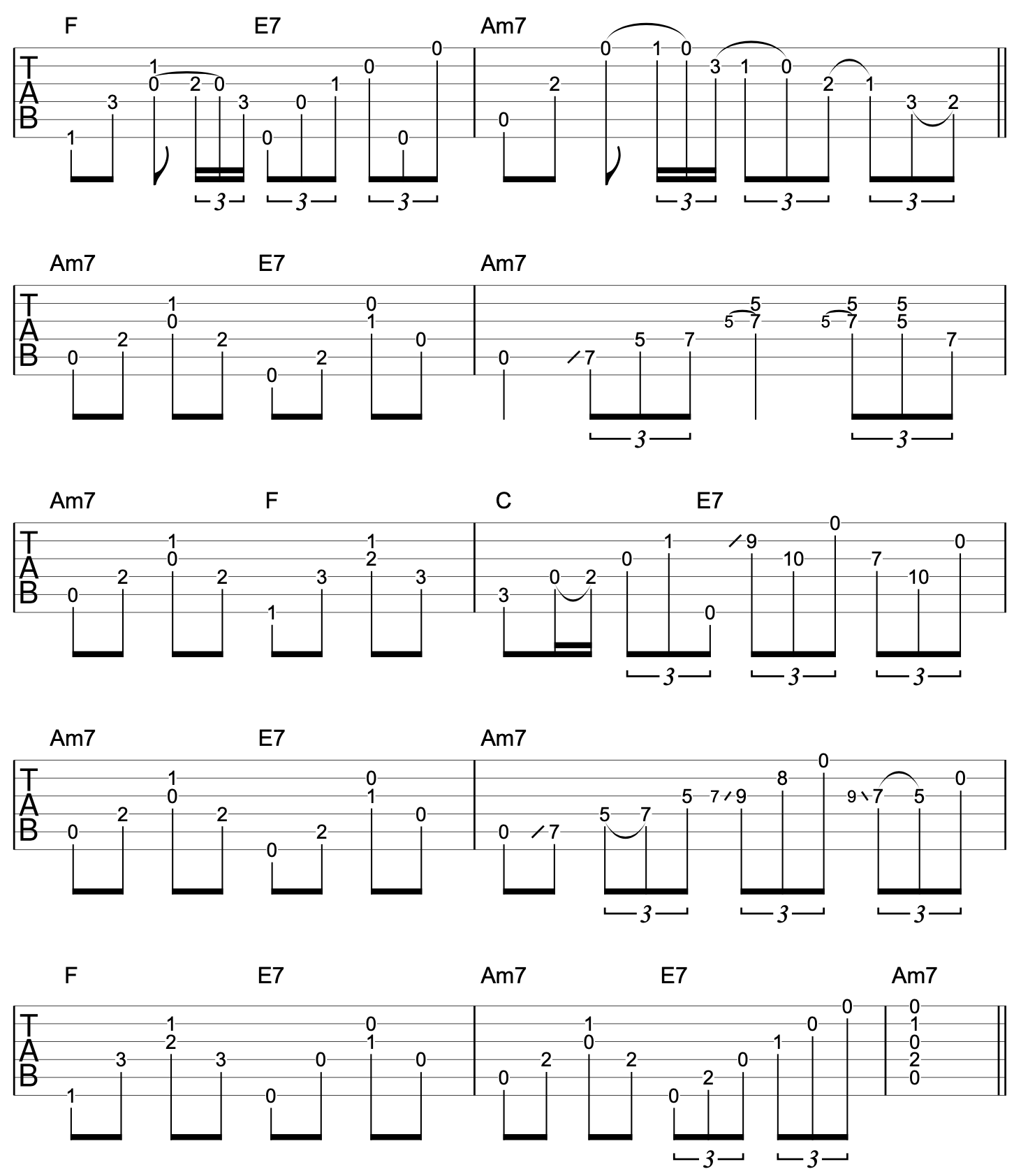3 Dynamic And Compelling Ways To Accompany A Singer On Guitar
by Simon Candy
 In this video, you learn 3 ways to accompany a singer on guitar.
In this video, you learn 3 ways to accompany a singer on guitar.
I often come across musicians who accompany a vocalist on guitar using the same old techniques. They usually stick to open chords or bar chords and rely on strumming and occasional picking. While this approach may work, it tends to become monotonous quite early on and fails to hold the interest of the audience till the end of the song.
In this lesson, you learn 3 ways to back a vocalist on one guitar and keep the song interesting and dynamic, all at the same time.
We will use a very cool tune called “St James Infirmary” to demonstrate each approach including:
1. Rhythm Fills
You learn how to play riffs in between the chords of St James Infirmary for a great sound.
2. Walking Bass
I show you how to apply a walking bass to give your arrangement momentum. This is the easiest way I know how to create a walking bass line and I know you’ll love the sound of it!
3. Chords
You learn how to use chord voicings other than open and bar chord shapes for the most part for a more varied and interesting sound.
Watch the video below to learn more:
St James Infirmary: Rhythm Fills
One way to add interest when backing a singer on guitar is to play rhythm fills between the vocal phrases.
This is a great way to develop a tune, and creates a nice interplay between the vocal line and guitar part.
Here is an example of St James Infirmary with rhythm fills: (watch the video above for a detailed breakdown)

St James Infirmary: Walking Bass
Another way to add interest to an arrangement of a tune where you have one vocal and one guitar, is to integrate a walking bass line into the progression.
This helps bring momentum and development to the song.
Here is an example of St James Infirmary with a walking bass line: (watch the video above for a detailed breakdown)

St James Infirmary: Chords
This third approach uses chords.
Here we have a mixture of standard open and bar chords along with some jazz shapes.
This really fills out the sound and is a great contrasting part to the rhythm fill and walking bass examples above: (watch the video above for a detailed breakdown)

Upgrade your fingerpicking with these 10 melodic fingerpicking patterns you can learn in 10 minutes or less
